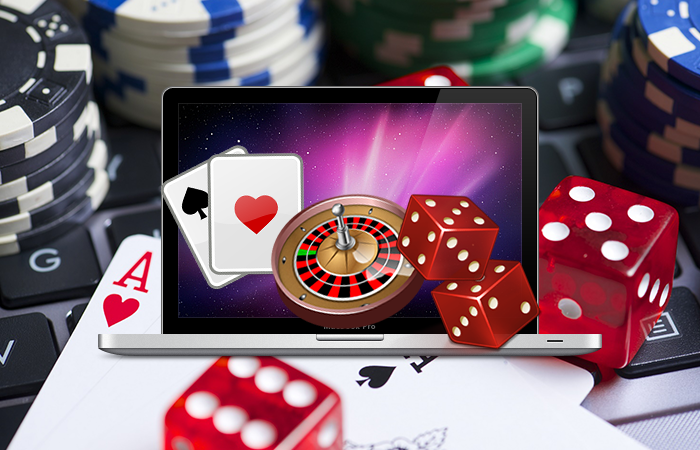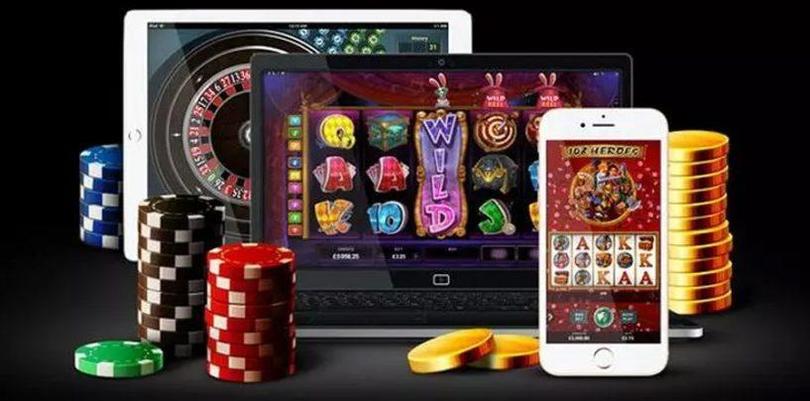
Gaming is often viewed merely as a form of entertainment, a way to pass the time and engage with stories and challenges. However, it is essential to recognize that It’s More Than a Game — It’s a Casino Experience bk33 casino login signifies much more than just a game. It embodies a space where technology, creativity, and human interaction intersect to create meaningful experiences that influence our lives in profound ways. From improving cognitive abilities to fostering community, gaming’s reach stretches far beyond the confines of screens.
The Evolution of Gaming
Gaming has evolved at an unprecedented pace. From the early days of simple pixelated games, we now find ourselves immersed in intricate virtual worlds that offer rich narratives, realistic graphics, and complex gameplay mechanics. These advancements not only enhance the player experience but also attract a diverse audience that spans different ages, backgrounds, and interests.
The Cultural Significance of Gaming
Video games have grown to reflect our cultural narratives, addressing social issues, and showcasing diverse characters and stories. This evolution allows for greater representation in gaming and can serve to challenge stereotypes, provide insights into different cultures, and promote empathy among players. Games like “The Last of Us,” “Life is Strange,” and “Overwatch” are notable for their intricate storylines and the depth of character diversity, which engage players on a more personal and emotional level.

Gaming as a Social Connector
Beyond entertainment, gaming serves as a powerful social connector. It brings people together from various walks of life and creates communities around shared interests. Online multiplayer games allow friends and strangers to collaborate, compete, and collaborate in ways that break geographical barriers. Whether it’s teaming up to defeat a formidable boss or simply chatting in a lobby, these interactions foster friendships and camaraderie. Studies have shown that socially interactive games can enhance both social skills and cooperation, providing players with valuable team-oriented experiences.
Mental Health and Wellbeing
The impact of gaming on mental health is a double-edged sword; while excessive gaming can lead to addiction and social isolation, responsible gaming can provide therapeutic benefits. Many players find solace in gaming during difficult times, using it as a coping mechanism to escape reality and relieve stress. Research indicates that gaming can enhance cognitive functions such as problem-solving, attention, and reaction times. Moreover, game developers are increasingly incorporating mental health awareness into their narratives, offering players insight into various psychological issues.
The Rise of Competitive Gaming
Competitive gaming, or esports, has exploded in popularity over the past decade, evolving into a legitimate career path for many. The rise of professional leagues and competitions showcases not only the skill involved in gaming but also its potential to generate substantial revenue and engage millions of viewers worldwide. Esports fosters a sense of community and provides a global platform where players can showcase their talents, often leading to lucrative sponsorships and partnerships.

Educational Opportunities through Gaming
Many educators recognize the potential of gaming as a teaching tool. Educational games can make learning interactive and engaging, catering to various learning styles. Game-based learning encourages critical thinking, creativity, and collaboration among students. Programs that utilize gaming elements to teach subjects like mathematics and science have shown promising results in student engagement and retention of information. Furthermore, serious games are designed to teach real-world skills, ranging from coding to job training, effectively bridging the gap between academic learning and practical applications.
The Future of Gaming
The future of gaming holds exciting possibilities. Emerging technologies such as virtual reality (VR) and augmented reality (AR) promise to enhance our gaming experiences further, allowing for unparalleled immersion and interaction. As we continue to adapt to an increasingly digital world, gaming will likely remain an integral part of our social fabric, influencing how we connect, compete, and learn.
Conclusion
It’s evident that gaming encompasses much more than mere entertainment; it impacts our culture, social dynamics, mental health, and education. Recognizing its significance helps us appreciate the role gaming plays in our lives and encourages a broader conversation about its implications. As we move forward, it is essential to engage with gaming in a responsible and inclusive manner, maximizing its potential to foster connections, creativity, and learning in our ever-evolving society.






